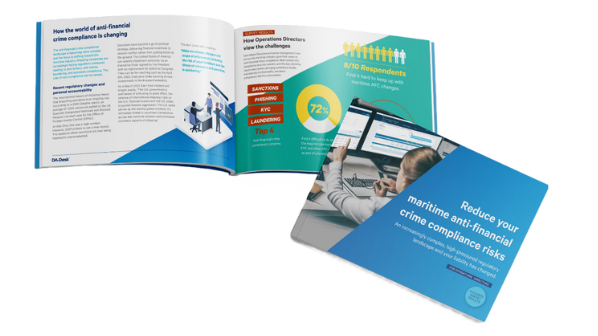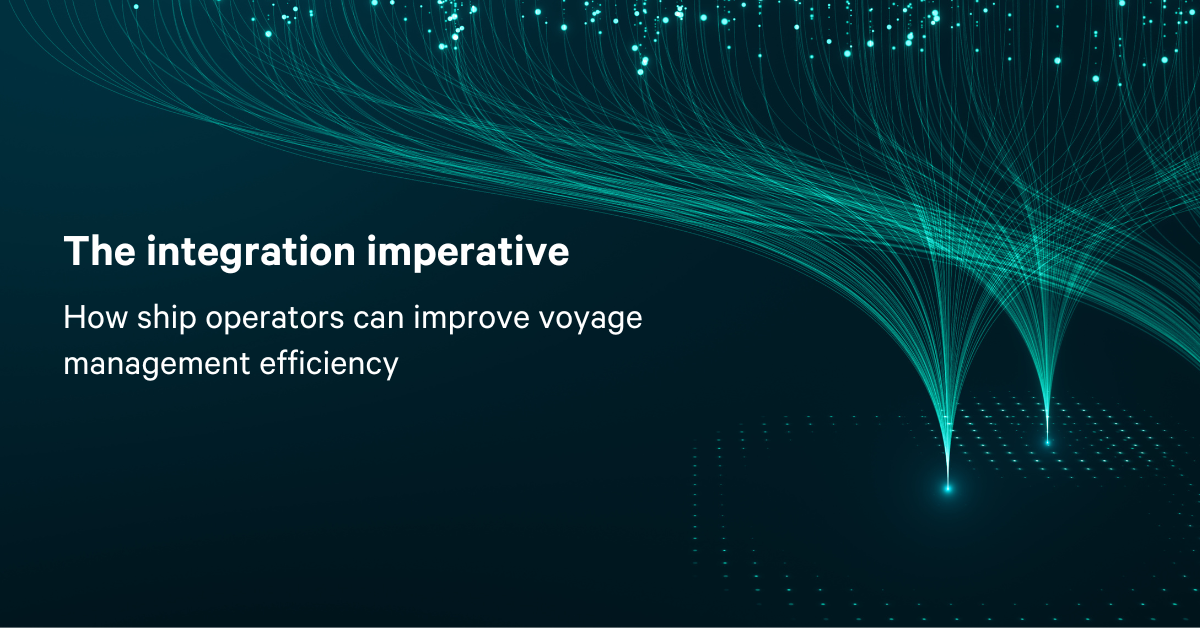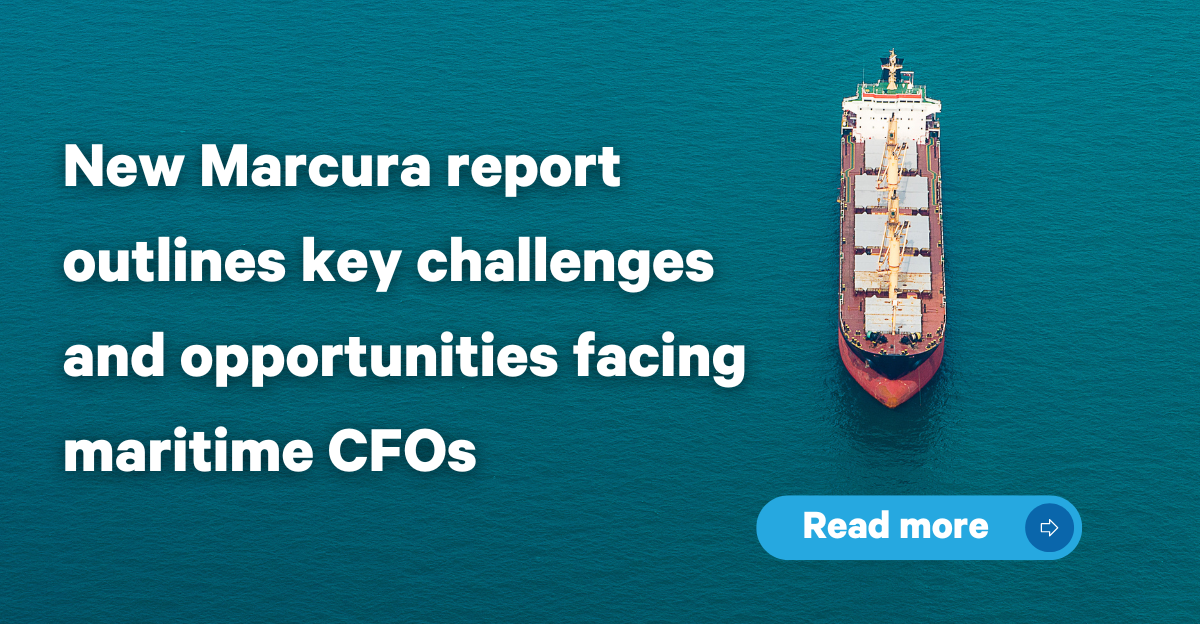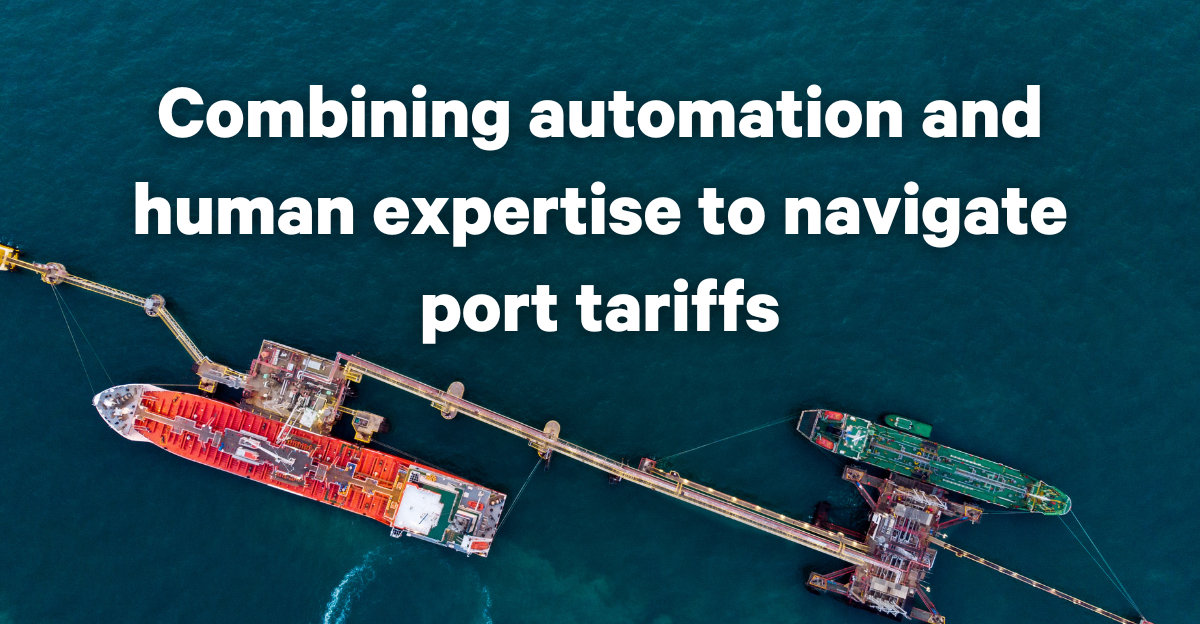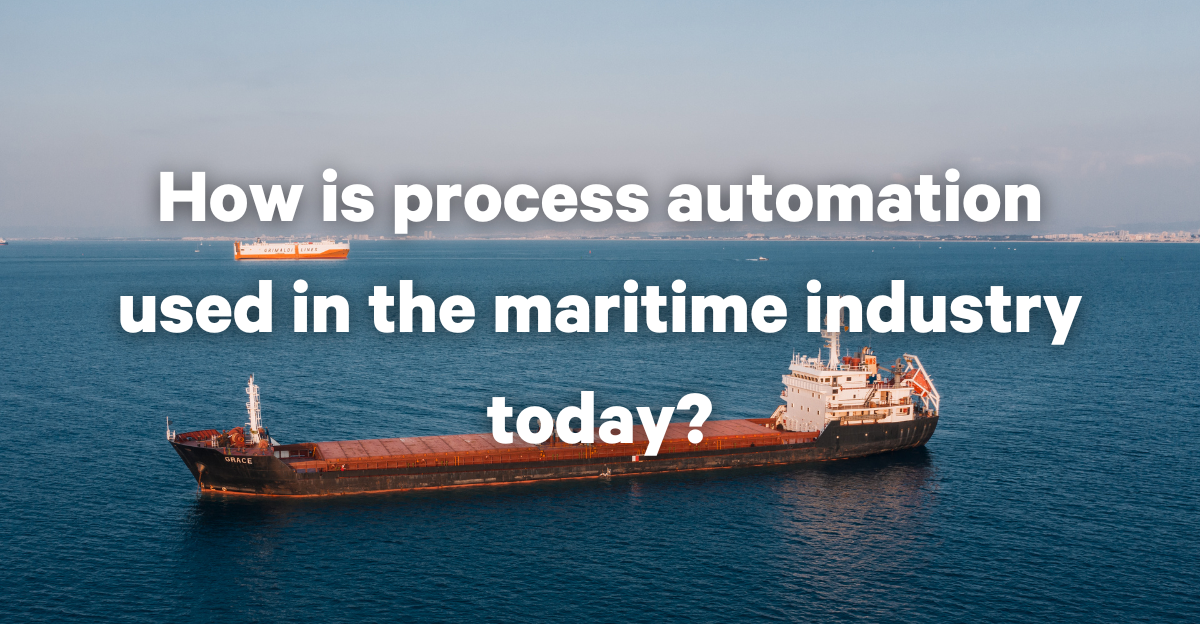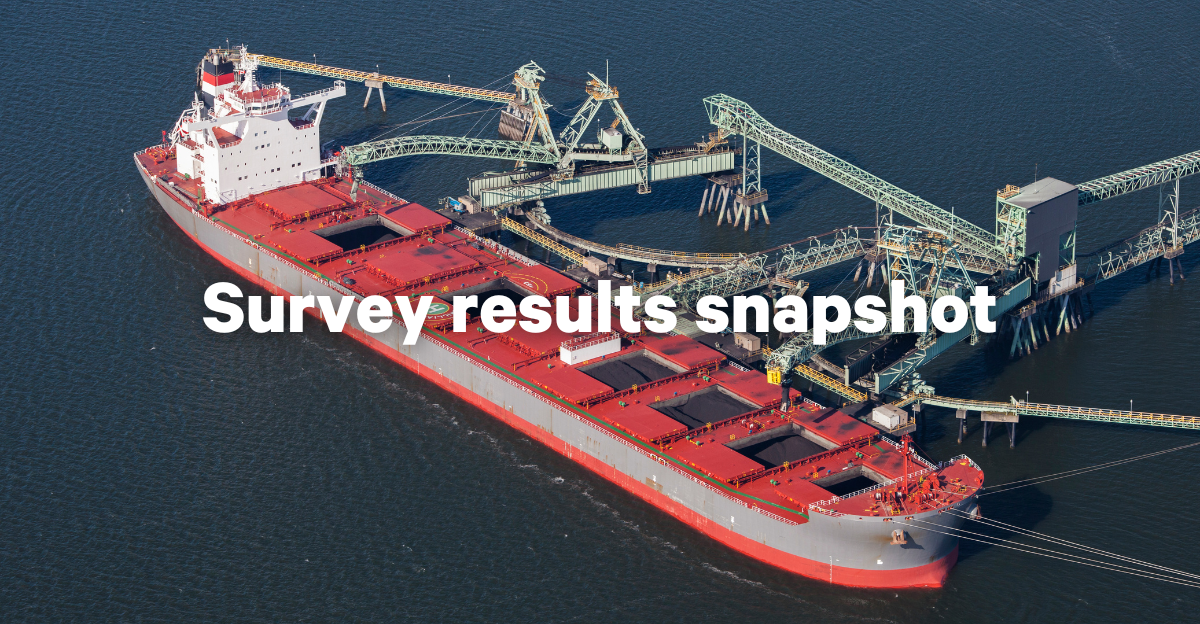Operations Directors should ensure that continuous monitoring programs are in place to keep up to date on the latest sanctions and other regulations.
Updates from the FATF in March 2022
The Financial Action Task Force (FATF), the global group that sets international anti-money laundering and counter-terrorism financing standards, regularly publishes updates, such as those published in March 2022, which inform about jurisdictions that may pose a risk to the international financial system:
- High-Risk Jurisdictions subject to a Call for Action – March 2022 – notes that the 21 February 2020 call for action in relation to the Democratic People’s Republic of Korea and Iran remains in effect
- Jurisdictions under Increased Monitoring – March 2022 – lists jurisdictions with strategic deficiencies in their anti-money laundering and counter-terrorism financing regimes and are actively working with the FATF to address them
The updated version of the Evaluation of Corporate Compliance Programs
In June 2020, the US Department of Justice (DOJ) published an updated version of its guidance on the Evaluation of Corporate Compliance Programs.
It reflects the DOJ’s continued expectation that companies must evolve and enhance their compliance programs and makes clear that companies should continuously check that it’s working by:
- monitoring, evaluating, and revising business risks on an ongoing basis
- ensuring the compliance function has the necessary resources
- adapting the compliance program to address the companies’ needs and risk appetite
- empowering the compliance function through access to actionable data for timely and effective monitoring and/or testing of policies, controls, and transactions
IMO developments
The IMO has developments underway that shipping companies should keep updated on. The IMO commenced the development of guidance on anti-corruption in 2017 when the Maritime Anti-Corruption Network (MACN) initiated a cross-industry working group together with the International Chamber of Shipping. In June 2021, the 45th session of the IMO’s Facilitation Committee (FAL 45) agreed to re-establish an IMO Correspondence group to continue developing IMO guidance to address bribery and corruption in the maritime sector.
This is an extract from the report: How to reduce your maritime anti-financial crime risk.
Sanctions in the maritime industry are being imposed faster than ever before, and the high-pressured regulatory landscape means not only has your liability changed, but the anti-bribery and anti-money laundering compliance landscape is becoming increasingly complex.

